I realize a lot of you are busy and don't have time to sit and watch the hour long video I posted. So to make it easier, I wrote up a summarized transcript of what Tal Ben Shahar discusses.
Tal Ben Shahar, author of Happiness
Positive psychology is the science of happiness.
- Permission to be human: don't think happiness means not experiencing painful emotions. The only people who don't experience these are psychopaths and the deceased. Allow yourself to feel all emotions, positive and negative. The idea is, you can't block only painful emotions. If you do, you end up suppressing emotions such as joy, happiness and love. Also, when you try to suppress negative emotions, they end up magnifying. Think about how difficult it is to not think of a pink elephant when someone tells you not to. It is the same principle with emotions. By trying to not feel sadness or jealousy, the feeling will intensify.
- Unconditional acceptance (for yourself and others): when we accept painful emotions, they weaken. This is active acceptance. Feel the emotion, then chose to change it's course. It is okay to have fear, but don't let that control you. Accept that you feel fear and work to overcome it.
- Unconditional acceptance (for yourself and others): when we accept painful emotions, they weaken. This is active acceptance. Feel the emotion, then chose to change it's course. It is okay to have fear, but don't let that control you. Accept that you feel fear and work to overcome it.
- Dealing with stress: when we have too much to do, we feel stressed which overtime can lead to depression. (14 is now the average age of depression). Stress causes our immune system to weaken and reduces our ability to be create.
- Simplify: does less rather than more. It is difficult to truly enjoy yourself in the present, when you are too busy. Quality over quantity. Think about your favorite song. Now you second favorite. Play them together. It becomes noise instead of two pieces of music you love.
- Reduce multitasking: have time to savor and enjoy your family and friends (number one predictor of well-being). Your biggest source of happiness are the people whom you love being around.
- Stress itself is not the problem. The issue is when there is a lack of recovery. People who are happy and successful don't live life without stress. They have rituals that help them recover from the stress:
- Microlevel Breaks- 15 minute breaks during one hour of work.
- Mezzolevel Breaks- good night sleep, taking a day off during the week
- Macrolevel Breaks- vacations (without laptop, emails, work calls)
- “I can do the work of a year in 9 months but not in 12” - J.P. Morgan
- Microlevel Breaks- 15 minute breaks during one hour of work.
- Simplify: does less rather than more. It is difficult to truly enjoy yourself in the present, when you are too busy. Quality over quantity. Think about your favorite song. Now you second favorite. Play them together. It becomes noise instead of two pieces of music you love.
- Mind Body Connection: we need to start taking exercise seriously as a psychiatric intervention because it works both in the present, and in the long term. Humans were not made to be sedentary, we were made to move. Our ancestors use to walk 8 miles a day. Now how much do we walk? Exercise raises our level of well-being to how it ought to be.
- Exercise changes the formation and structures in our brain. It reduces violence and increases cognitive performance.
- Elderly people who decide to just start exercising for 45 minutes, 4 or 5 days a week slow cognitive decline by 10 to 15 years and can cut alzheimer's incidence by 50 %.
- Exercise changes the formation and structures in our brain. It reduces violence and increases cognitive performance.
- Mindfulness Meditation: Takes many forms including yoga, mantra, prayer, sitting meditation etc etc. All meditation includes components of: One-pointedness: focusing on one thing, Deep Breathing: belly/ diaphragm breathing, No good or bad mediation: permission to be human. If you lose concentration, bring it back to focus.
- People who have been meditating for years: Have an extremely larger left (happier) to right (depressed) activation prefrontal cortex ratio. This results in a susceptibility to feel positive emotions and a resiliency to not feel negativity.
- Meditating for 15 minutes a day decreases levels of anxiety, increased mood, improves your immune system and (after 8 weeks) will change your brain's prefrontal activation
- RELAXATION RESPONSE: TAKE THREE DEEP BREATHES TO REVERSE YOUR FIGHT OR FLIGHT RESPONSE.
- People who have been meditating for years: Have an extremely larger left (happier) to right (depressed) activation prefrontal cortex ratio. This results in a susceptibility to feel positive emotions and a resiliency to not feel negativity.
- Focus on the Positive: many times we forget to appreciate the treasures we have. Be grateful and increase the value you place on the positive. When we do not appreciate the good in our life, it looses value.
- Every night before you go to sleep: write down 5 things you are grateful for. Studies show if you do this, your benevolent nature, health, and happiness will increase. (Don't write the same things over and over)
- You can also do this about your partner. It teaches you to focus on the good and in turn, increases your gratitude.
- Every night before you go to sleep: write down 5 things you are grateful for. Studies show if you do this, your benevolent nature, health, and happiness will increase. (Don't write the same things over and over)
